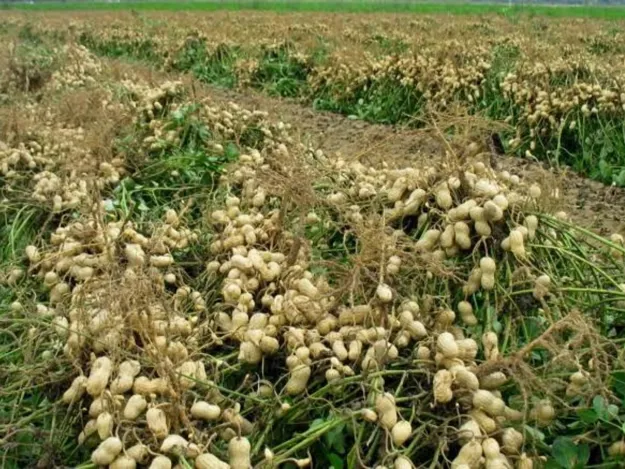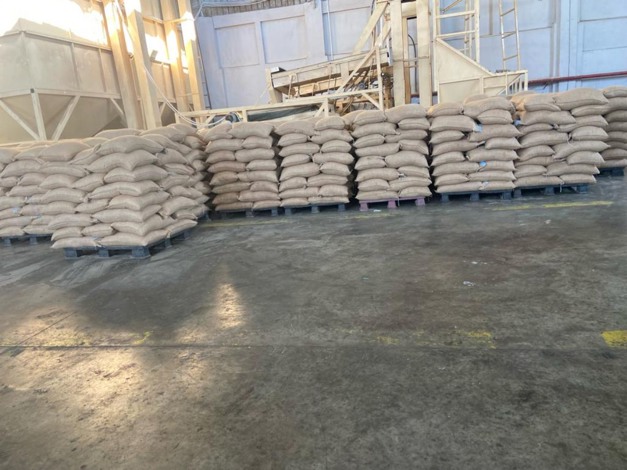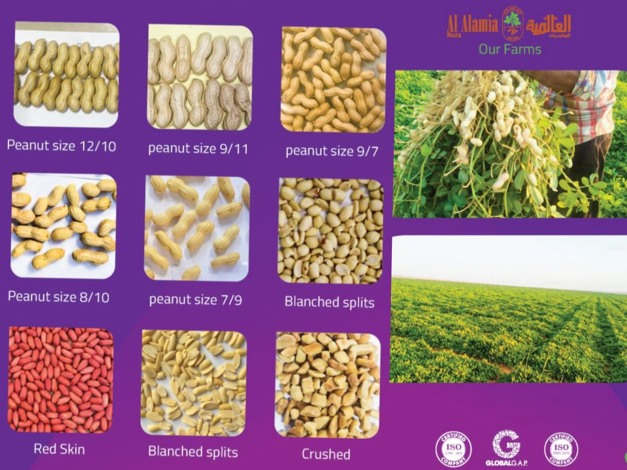The Egyptian peanut season has just begun, with demand on the rise and competition still calm. Mohamed Hassan, export sales manager at Alalamia Nuts reports on the season's kick-off.

"Our peanut season started two weeks ago and will last 7 months. This season we have recorded a drop in production at the national level, due to adverse climate as well as a drop in peanut acreage in favor of rice and maize production, which are strategic crops in Egypt. The drop in acreage is around 10%," says Mohamed.
"That said, the quality is excellent," adds Mohamed. "Peanuts are produced in many sandy areas of the Egyptian desert, using pivot irrigation, which is very favorable to the yield. We produce the Baladi and American NC varieties. The latter is intended for export, and this season its quality is excellent and production took place under optimal conditions."

Egyptian peanuts are entering the market at a time of strong demand, adds Mohamed. "There is currently strong demand from Europe, especially Italy, Germany and Belgium. We are also receiving orders from Gulf countries in smaller quantities."
While Egypt doesn't feature in the list of the world's biggest peanut producers, it does have other advantages, according to Mohamed. "There's fierce competition in the market between classic producers such as China, India, the USA, Argentina, and others. Egyptian exporters face direct competition from India, but our season starts two months earlier, and Indian peanut sizes are smaller. As a result, Indian production is mainly destined for the food industry, such as chocolate bars production, whereas Egyptian peanuts have a more diversified clientele."

"We also benefit from stable prices, sometimes even slightly decreasing due to the devaluation of the Egyptian pound. This season too, we're keeping our prices stable," says Mohamed.
Mohamed concludes, "At Alalamia Nuts, we have specialized in peanut production and export since 2003. We have maintained a stable acreage of 840 ha this season, and have a diversified crop of varieties, sizes, and forms. We recommend the American NC variety, of excellent quality and available in 3 forms (in shell, red skin, and blanched), and in 5 sizes, in 25, 30, or 650 kg packaging."
For more information:
Mohamad Hassan
Alalamia Nuts
tel: +201062839734
Email: m.hassan@alalamianuts.com
www.alalamianuts.com
